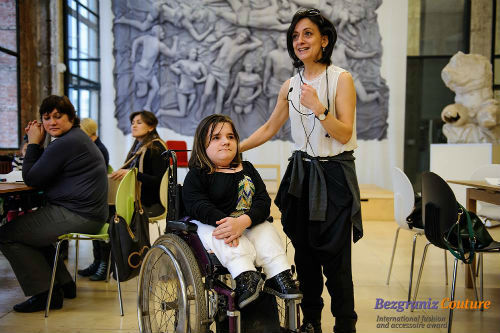
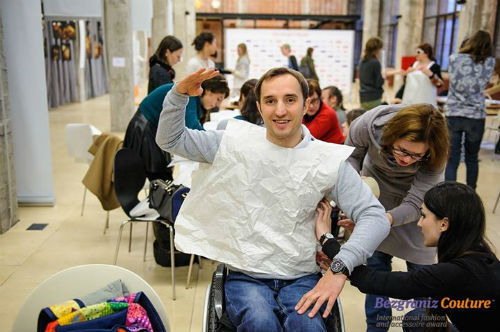
Dean Garfield: In Saudi Arabia, an informal driving ban makes it difficult for women to find employment outside of the home. With social media websites and other web platforms, however, women have been able to create businesses within their homes to sell goods and services throughout the country. (Source). This is but one example of the power of technological innovation to break down barriers and borders in ways that enable women to achieve their aspirations. In time, self-driving cars will create even more freedom for women in these countries.
Amir Dossal: Here’s an example of a success story, using the power of cell phones. Every year, 300,000 women die during pregnancy or childbirth, mostly in developing countries. Why does this happen? Two big reasons are lack of information and lack of access to care. ‘Zero Mothers Die’ is a new global project to deliver mobile phones and connections to pregnant women in developing countries to help reduce maternal mortality.
The Mum’s Phone will allow the pregnant woman to:
- Receive text and voice messages containing important healthy pregnancy, childbirth and childcare information in her local language.
- Call her local health worker or healthcare center during emergencies or to ask about warning signs.
- Help increase mobile phone ownership levels among women in developing countries.
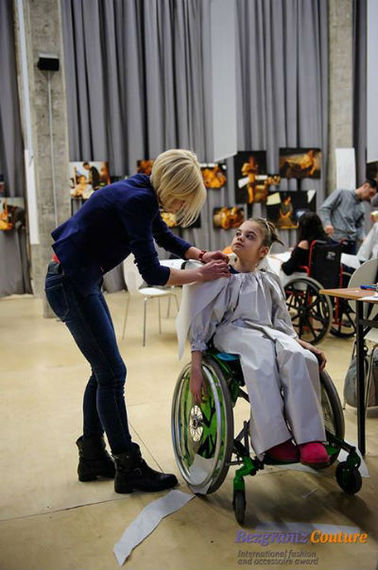
Dean Garfield: The DEKA arm is a mind-controlled prosthetic that increases mobility for amputees, allowing them to function more normally in the workplace. With this FDA-approved device, muscle movement near the prosthetic creates electrical signals, electrodes send the signals to a computer processor, and the processor creates movement. (Source). The DEKA arm illustrates the wonderment of technological innovation and its ability to transform lives.
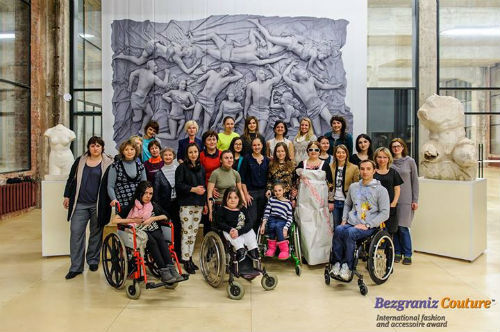
Amir Dossal: As engines of growth, smaller businesses can serve as role models for good corporate citizens. Here are a few ways smaller companies might make a difference.
- Engage Millennials in Meaningful Ways. Help Millennials work on issues they are passionate about (not on menial tasks) so that they can participate in bringing social change.
- Think Less about “Handouts” and more about “Helping Hands”. Doing good needn’t cost money. Devoting a little time or resource can be equally valuable and often more rewarding. Support organizations with specific plans and goals that will lead to visible results.
- Be Disruptive. Look at traditional ways of doing things through a different prism. Consider if they can be re-designed using technology and other innovations to accelerate their impact. For example, might you encourage local crafts and cottage industries by using the model of an organization like Same Sky? Same Sky employs Rwandan women impacted by the Genocide to produce handmade jewelry.
- Incentivize Charitable Giving. Encourage a culture of philanthropy (smart philanthropy) within your company. Employees deliver your company’s offering. They are the embodiment of your brand values, both internally and externally. Could they be rewarded for volunteering within the community or for helping in disaster relief efforts?
- Social Good Marketing and Branding. How and where you tell your stories can make a huge difference to your bottom line. There are some notable marketing specialists in the social good space. They too tend to be modest-sized businesses, consultancies willing to work as partners. They can help shape and share your vision.
The bottom line: think outside the box, and you will find a vista of opportunities to do good, which will do you good too! Just do it, and be part of the change.
Janina Urussowa: One of the activities in the framework of my project, “Bez Graniz | Without Borders,” is the employment of disabled people. We have employed more than 10 experts with disabilities in our project. In the past 1½ years we placed into work more than 70 specialists with disabilities at Russian companies and foreign companies represented in Russia. The conclusion based on this experience is the following: the most simple way for a small business to start implementing strategies for inclusivity is to employ experts or specialists you need for your business who have a disability. Then, taking into account the special needs of this specific person, you just have to ensure necessary conditions are available in his/her working place. It is a simple and efficient solution that works.
Felita Harris: A wise person once said – God gave us two ears and one mouth for a reason. And it’s very true. The simplest way to implement strategies around inclusiveness is to first listen and learn about the people you are with everyday. Once you get the intel, you can gauge the likes and dislikes, the tones and the pace of what people will be comfortable with.
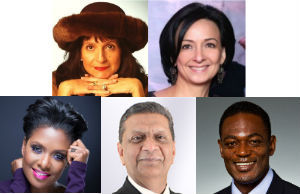
For more information on Technology, Women, People with Different Abilities and Millennials

Join me and globally renowned thought leaders including Sir Michael Barber (UK), Dr. Michael Block (U.S.), Dr. Leon Botstein (U.S.), Professor Clay Christensen (U.S.), Dr. Linda Darling-Hammond (U.S.), Dr. MadhavChavan (India), Professor Michael Fullan (Canada), Professor Howard Gardner (U.S.), Professor Andy Hargreaves (U.S.), Professor Yvonne Hellman (The Netherlands), Professor Kristin Helstad (Norway), Jean Hendrickson (U.S.), Professor Rose Hipkins (New Zealand), Professor Cornelia Hoogland (Canada), Honourable Jeff Johnson (Canada), Mme. Chantal Kaufmann (Belgium), Dr. EijaKauppinen (Finland), State Secretary TapioKosunen (Finland), Professor Dominique Lafontaine (Belgium), Professor Hugh Lauder (UK), Lord Ken Macdonald (UK), Professor Geoff Masters (Australia), Professor Barry McGaw (Australia), Shiv Nadar (India), Professor R. Natarajan (India), Dr. Pak Tee Ng (Singapore), Dr. Denise Pope (US), Sridhar Rajagopalan (India), Dr. Diane Ravitch (U.S.), Richard Wilson Riley (U.S.), Sir Ken Robinson (UK), Professor Pasi Sahlberg (Finland), Professor Manabu Sato (Japan), Andreas Schleicher (PISA, OECD), Dr. Anthony Seldon (UK), Dr. David Shaffer (U.S.), Dr. Kirsten Sivesind (Norway), Chancellor Stephen Spahn (U.S.), Yves Theze (LyceeFrancais U.S.), Professor Charles Ungerleider (Canada), Professor Tony Wagner (U.S.), Sir David Watson (UK), Professor Dylan Wiliam (UK), Dr. Mark Wormald (UK), Professor Theo Wubbels (The Netherlands), Professor Michael Young (UK), and Professor Minxuan Zhang (China) as they explore the big picture education questions that all nations face today. The Global Search for Education Community Page
C. M. Rubin is the author of two widely read online series for which she received a 2011 Upton Sinclair award, “The Global Search for Education” and “How Will We Read?” She is also the author of three bestselling books, including The Real Alice in Wonderland, is the publisher of CMRubinWorld, and is a Disruptor Foundation Fellow.
Follow C. M. Rubin on Twitter: www.twitter.com/@cmrubinworld



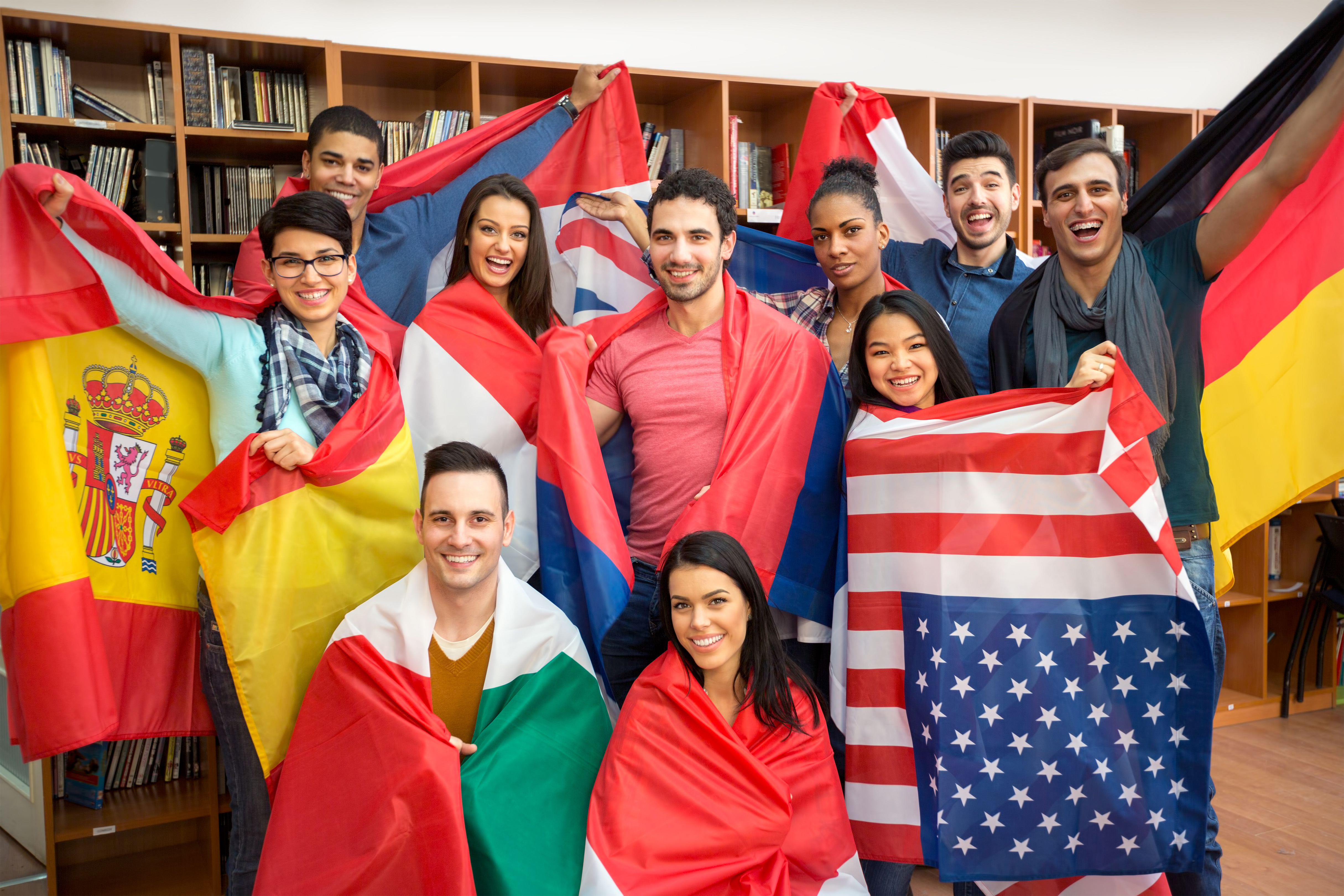
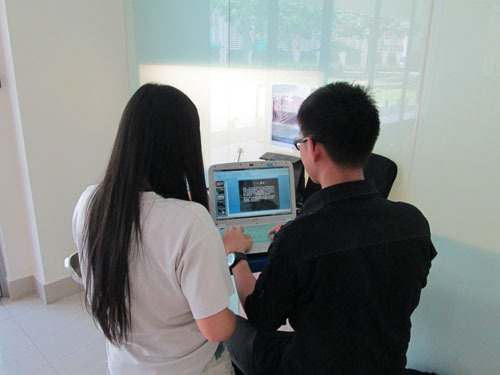
Recent Comments